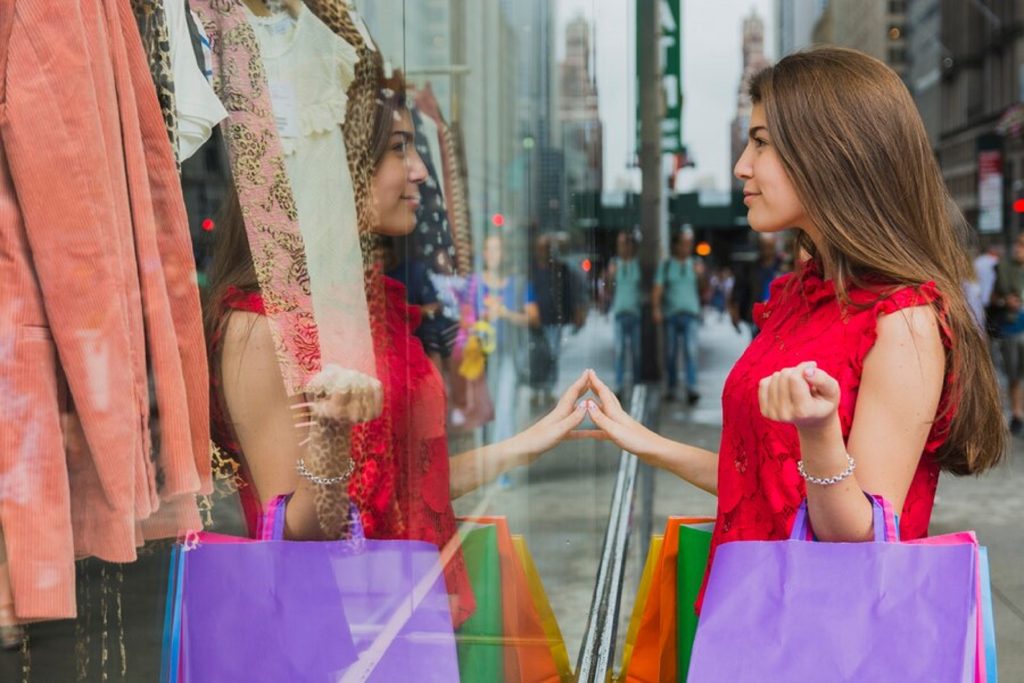The report, The 2024 Retail AI Index, Serves as a Critical Benchmark for Understanding the Impact of AI in Retail
Amazon, Walmart, and Stitch Fix top an industry-first index ranking the 100 leading retailers and brands that are embracing AI to drive impact across their organizations. The inaugural report, The 2024 Retail AI Index, was developed by Lily AI, a technology platform specializing in AI solutions for retailers and brands, in partnership with global analytics and strategy consultancy, Radii Group. The Retail AI Index is a quantitative meta-analysis of the adoption of AI technologies that benchmarked retailers in the apparel, footwear, beauty, and home segments.
“AI continues to empower retail leaders to reshape and modernize the customer experience, and it’s critical for all retailers to understand where they stand,” said Purva Gupta, Co-founder and CEO, Lily AI. “AI is becoming table stakes for retailers who want to stay competitive. Not surprisingly, the biggest of the bigs–Amazon and Walmart–have the resources to invest in AI extensively. But, as we found, even relatively smaller companies, such as Poshmark and Revolve, are taking highly innovative approaches and reaping the benefits.”
Read More: SalesTechStar Interview with Shane Evans, Chief Revenue Officer at Gong
The top 10 retailers and brands in the AI index include:
- Amazon
- Walmart
- Stitch Fix
- eBay
- Wayfair
- Sam’s Club
- Target
- The Home Depot
- Macy’s
- Nike
Lily’s investigation delved deeper than financial investments to uncover which retailers had thoroughly embedded AI throughout their operations. The index revealed that numerous companies leverage a diverse array of AI technologies, including computer vision and generative AI, to enhance operational efficiency. These leading retailers and brands are also harnessing AI to bolster decision-making, boost sales through improved customer experiences, and optimize marketing initiatives. This multifaceted approach demonstrates how AI has become integral to various aspects of modern retail, from back-end processes to customer-facing interactions.
Key findings include:
- While the index’s top performing retailers’ revenues exceed $10 billion, the variance in the ranking—from #1 Amazon to #46, BJ’s Wholesale Club, shows the differing public-facing priorities of AI. Both Amazon and Walmart (#2) lead in AI adoption and continue to leverage substantial financial resources to invest in advanced AI technologies and talent.
- No clear correlation exists between a retailer’s index rank and overall revenue, suggesting retail is still in nascent stages of AI integration and it is too early to see the full financial impact.
- Stitch Fix, a retailer with $1.6 billion in revenue in 2023, is ranked number 3. Stitch Fix stands out because they leverage several AI-based technologies to deliver personalized shopping, building on their original business model of tailored/recommended clothing bundles. Stitch Fix illustrates how mid-size companies can move toward significant AI adoption with focused investments that drive revenue and advance their mission while building on existing data and models.
- Some companies with a higher AI adoption rankings have acquired or joined in strategic partnerships with AI firms, such as Wayfair’s (#5) acquisition of LLM startup ThirdAI and IKEA’s (#20) investment in Waaabi, a generative AI autonomous truck company.
- Poshmark, another retailer with revenues of under $1 billion, came in at #18. They recently introduced an AI-powered tool called Promoted Closet which uses machine learning to match shoppers’ search terms with promoted listings. Not only does Promoted Closet contribute to a more enjoyable customer journey, but it also increases visibility and sales potential for sellers.
- Another retailer with revenues around the billion dollar mark at $1.1 billion, Revolve, came in at number 19. Through their innovative partnership with AI Fashion Week, Revolve sold AI-designed clothing on their website. They showcased three winning collections created using AI image generators such as Midjourney and Stable Diffusion.
Read More: Sales Pipeline: What B2B Tech Sellers Don’t Do Enough to Drive Pipeline Health
Methodology
- Retailers selected based upon criteria including revenue size, category focus, and geographic focus.
- Benchmarking parameters included an evaluation of each retailer across four dimensions:
- Talent/Operations—measuring internal capabilities through the number of employees, the proportion of AI talent relative to total employees, and AI-related job roles and postings.
- Company/Financial—gauging historical and future investments in AI by analyzing financial documents and earnings calls for mentions of AI-related terms.
- Technical—evaluated the implementation of AI technologies on retailer websites, categorizing applications into levels of AI adoption including automation, analytical AI, personalization, and generative AI.
- News/Media—assessed AI-related marketing initiatives and media presence the analysis of media mentions and press releases.
- The Retail AI Index combines thousands of publicly-available data points from first-party and third-party sources, including public filings, earnings calls, investor presentations, LinkedIn, Meltwater, Indeed, and BuiltWith.























